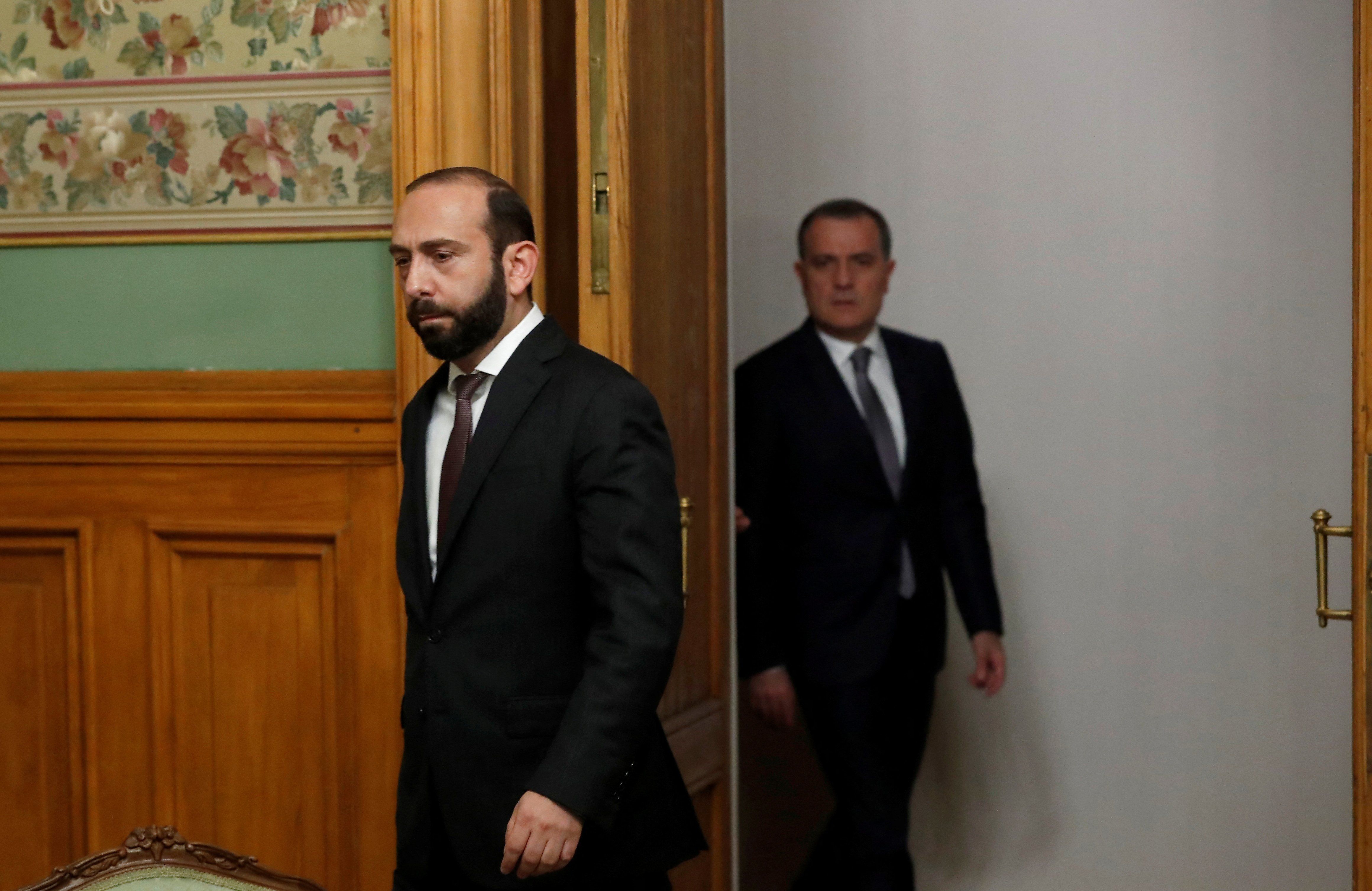The mountainous enclave of Nagorno-Karabakh, long disputed by Armenia and Azerbaijan, is now running out of food and medical supplies due to a tightening blockade by Azerbaijan.
“The situation is really awful,” writes a friend of GZERO who lives in Stepanakert, the region’s capital. “There is almost no food, no medicine, nor any other first need supplies.”
What’s the background? Nagorno-Karabakh was part of the Soviet Republic of Azerbaijan, but its population is majority-Armenian. As the USSR collapsed, the people of Nagorno-Karabakh voted for independence, touching off a war with Azerbaijan. After a ceasefire in 1994, the enclave became a de facto independent state propped up by neighboring Armenia, although it remained internationally recognized as part of Azerbaijan. A fresh round of fighting in 2020 enabled Azerbaijan to reclaim parts of Nagorno-Karabakh and to encircle it. In late 2022, Azerbaijan imposed a partial blockade on the region, which is home to about 140,000 people.
Now, even as EU-brokered peace talks continue, Azerbaijan has tightened its grip, stopping even humanitarian aid vehicles from accessing the region through Armenia. The International Committee of the Red Cross says it has been weeks since it could bring in critical medical supplies. EU foreign policy chief Josep Borrell on Wednesday called for access to be reopened.
Azerbaijan has offered to send in aid of its own. But for the people of Karabakh, that’s a non-starter. Accepting that help would, they fear, support Azerbaijan’s claims to the enclave. Some locals have even blockaded routes in from Azeri-controlled territory to prevent any MADE IN AZERBAIJAN aid from arriving at all.
Meanwhile, the situation continues to deteriorate. Our contact in Stepanakert writes, “thank God our family still manages to find something for children not to starve.”
For more context, listen here to Ian Bremmer's December 2022 interview with Ruben Vardanyan, the Russian-Armenian businessman who was then serving as a state minister for the self-proclaimed government of Nagorno-Karabakh.
